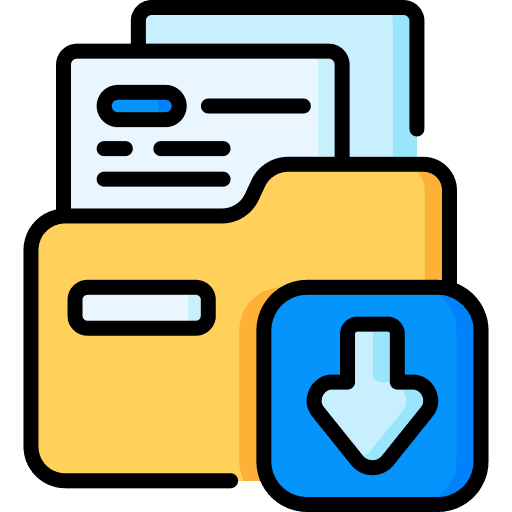Why Cleaning Browser Downloads Matters
Every file you save from the internet — PDFs, images, music, installers — lands in your browser’s Downloads folder and is tracked in its download history. Over weeks or months, that list becomes crowded, and the folder itself can balloon in size. A cluttered Downloads area doesn’t just look messy: it can consume precious storage, slow backups, and even make it harder to find important documents when you need them.

Clear Download History in Popular Browsers
- Chrome / Edge: Press
Ctrl + J(Windows/Linux) or⌘ + Shift + J(Mac). Click the trash icon or “Clear All” to wipe the list instantly. - Firefox: Use
Ctrl + Jor⌘ + Jto open the library, right-click entries and select “Remove From History,” or choose “Clear Downloads” to remove them all. - Safari: Click the Down Arrow in the toolbar. Right-click any item and pick “Remove From List,” or choose “Clear” for a full sweep.
Delete the Files From Your Device
Clearing the downloads list only hides it from your browser — the files remain in your system’s Downloads folder. To truly free space, open that folder through your file manager, sort items by date or size, and remove anything you no longer need. On Windows, press <b>Delete</b> and then empty the Recycle Bin. On macOS, drag to Trash and empty it. For Linux, send items to the bin or shred them permanently if you’re certain you won’t need them again.

Best Practices for Managing Downloads
Prevent future chaos by adopting a few habits:
- 1Sort files into folders such as “Work,” “Personal,” or “Media” as soon as you open them.
- 2Archive receipts, contracts, and similar documents to cloud storage or an external drive.
- 3Review large files (videos, installers, backups) weekly to decide if they’re still needed.
- 4Use our extension’s retention rules to keep only the newest downloads while deleting old ones automatically.
- 5Pair downloads cleaning with cache and cookies cleanup for a faster, more private browser.
Automate Cleanup With a Smart Extension
Keeping on top of downloads clutter is easy to forget — that’s where automation helps. Our Cache & File Cleaner Extension lets you combine downloads cleanup with cache and cookies management, all in one place. You can schedule automatic deletions for files older than a certain age, clear download history on browser exit, and make sure sensitive items don’t stick around after you’re done. It’s ideal for shared computers, work laptops, or anyone who values speed and privacy.

Myths About Cleaning Downloads
People sometimes worry that deleting items from Downloads will break apps or erase their work. Here’s the truth:
Common Misconceptions
- Myth: Deleting from Downloads uninstalls apps.
Fact: Once an app is installed, its setup file is no longer needed and can be removed safely. - Myth: Cleaning downloads can damage the browser.
Fact: It only affects the files you’ve downloaded or their history entries. - Myth: Only huge files matter.
Fact: Many small documents accumulate over time, eventually using up gigabytes of space.
Keep Your Device Safe from Harmful Cookies
Clean harmful cookies and trackers with Premium Cleaning to safeguard your privacy and device.
Try Premium for Free


